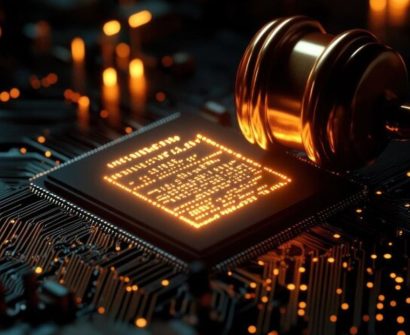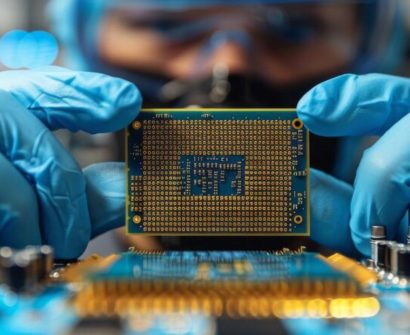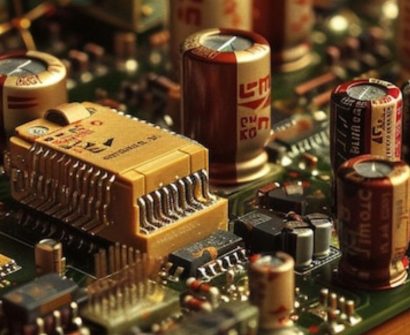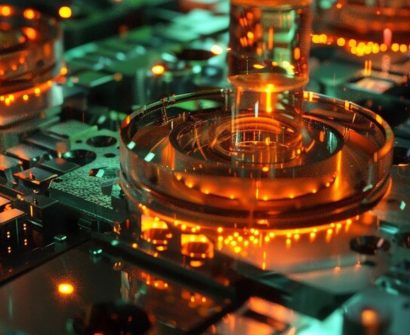Understanding Multipliers in VLSI Design: A Fundamental Component for Efficient Processing

Introduction
In the world of Very Large Scale Integration (VLSI) design, where millions to billions of transistors are packed onto a single chip, the efficient processing of data is paramount. Multipliers in VLSI are a fundamental component in VLSI design, playing a crucial role in various digital signal processing (DSP) applications, arithmetic operations, and computational tasks.
Importance of Multipliers
Multipliers in VLSI are essential building blocks in many digital systems, especially in applications requiring complex arithmetic operations such as multiplication and division. They are extensively used in various fields, including communication systems, image processing, cryptography, and more. In VLSI design, the efficient implementation of multipliers directly influences the performance, area, and power consumption of the chip.
Types of Multipliers
There are several types of multipliers design, each with its own advantages and disadvantages:
- Array Multipliers
- Booth Multipliers
- Wallace Tree Multipliers
- Carry-Save Multipliers
Design Considerations
When designing multipliers for VLSI applications, several key considerations must be taken into account to achieve optimal performance:
- Area Efficiency
- Speed
- Power Consumption
- Noise Immunity
- Technology Scaling
Impact on Chip Performance
The design choices made in implementing multipliers in VLSI have a significant impact on the overall performance of VLSI chips. Efficient multipliers can lead to faster computation, reduced area overhead, and lower power consumption, resulting in improved system performance and energy efficiency. Conversely, inefficient multiplier designs can bottleneck the performance of the entire system, leading to suboptimal outcomes.
Conclusion
Multipliers are indispensable components in VLSI design, playing a critical role in various arithmetic and computational tasks. By understanding the different types of multipliers, design considerations, and their impact on chip performance, VLSI engineers can make informed decisions to optimize the efficiency and effectiveness of their designs. As technology continues to advance, the role of multipliers in VLSI design will only become more pronounced, driving innovation and pushing the boundaries of computational capabilities.
Also Read : fpga architecture in vlsi
To know more about VLSI Course , SuccessBridge VLSI training institute. You can begin your VLSI career by enrolling in the placement-assisted live courses available at SuccessBridge We offer various VLSI online courses. We offer VLSI Physical Design course, Design Verification course, DFT Training , Chip design course many more. Explore VLSI Courses From The Leaders In VLSI Training






